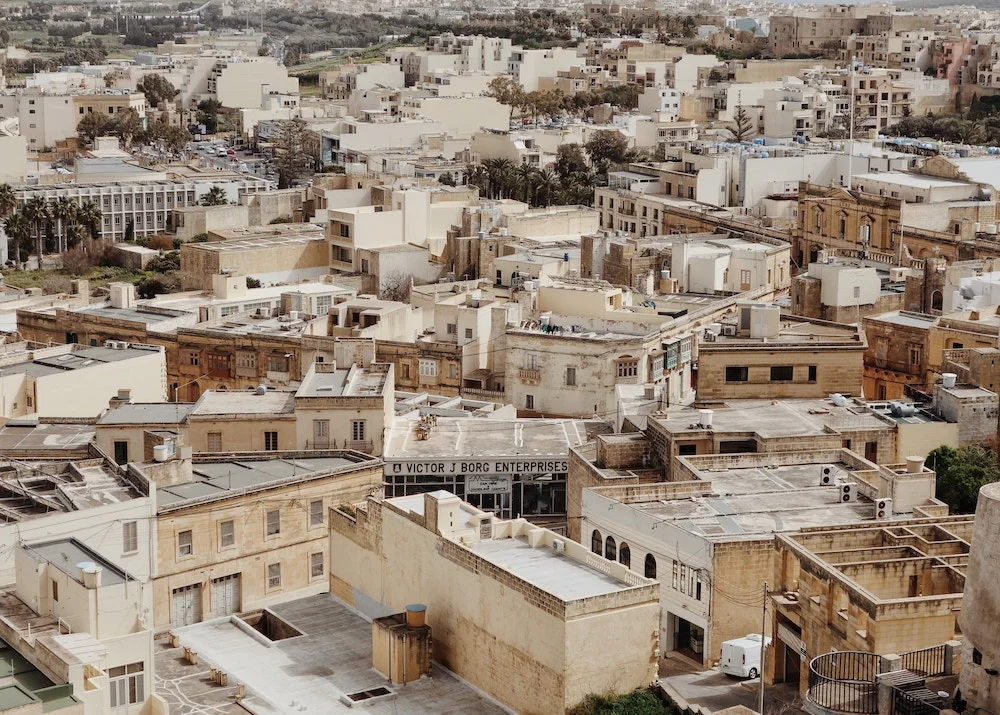Hidden Figures
Hidden Figures
Words by Rebecca Ley
Photography by Micaela Parente
Featured in Volume 3°
My mother named me Rebecca after the Du Maurier novel by the same name. I always thought this was a marvellous literary feat until primary school, when the Hitchcock film version was televised and my best friend watched it. She called me afterwards, traumatised by “those holes” in the boat – a plot point I would later realise would lead me to the unravelling of my name: Rebecca was the villain.
She was fearless too; promiscuous and fiercely independent, doted on by all those who didn’t really know her. I’m not sure what facet of that legacy I can claim, but the part of her that’s the most possessing is what she becomes and how she’s rendered: she is the sea.
Although Rebecca is dead from the outset of the book, she develops throughout the narrative: from the charming deceased to the wicked departed. She exists only in false memories. She is overwhelmingly haunting in Manderley’s routine of prompt and overindulgent afternoon teas, and monogrammed stationery. Her legacy and name is everywhere, and the narrator’s – her successor as the lady of the house – is notably absent. Rebecca exists not just in the house, but also as in the old adage, in the winds that blow around it, in the landscape itself, in the treacherous ocean.
The characters fear the British waters and the cove where Rebecca’s old cabin remains. The ceaseless rolling of waves heard from Manderley’s windows torture the narrator. Allegedly drowned, the water covers the plot’s clinching secret. It swallows Rebecca. But more than that – in true pathetic fallacy of the Gothic – the sea becomes a character. The blue depths of the rugged Cornish coast that so obsessed the author are more than just a lazy way to frame a dark novel: they are the novel.
My mother was brought up abroad in Malta, amongst other places; a small island nation with humid weather, the hub of the Mediterranean battered by war, where its body of surrounding water played an important part in its identity. She lamented living in England during her adult life, a place landlocked in spirit. These are the kinds of things you inherit: not just eyebrows and teeth, but fears and itchy feet that want to send you away from green pastures to hot flat rock and the blue still waters of that particular sea.
You inherit some sort of Maltese family memories of sitting in a curvature of stone overlooking the ocean on the edge of Sliema, a memory that isn’t your own; one that is a childhood of corned beef sandwiches and swimming after school, the salt air mixing on bread. Noticing there are no birds singing, because they shot them all, and ate them, in bombed-out post-war desperation. And the taste of cheesecakes and bitter orange soft drinks, things that only mean something in the context of that island. Once brought back to England, even to a summery, green glade, they fade to nothing.
My reasons for returning to the sea might be different from other writers’, but it’s a thing that haunts me, as much as my namesake haunts Du Maurier’s pages. And although the idea of the wandering woman – the soul-searching divorcée strolling along a coast – has long become a literary cliché, the sea still says something in fiction the way other things can’t.
In writing, I’ve used it to describe love: a visit to the seaside, the salty air signifying the taste of something new. I’ve used it to describe death: watching the expanse of blue sea meet the expanse of blue sky, and inserting fingers into that imaginary gap, disappearing into nothingness. I’ve used it to describe memory: that certain unique way pebbles feel beneath your feet that you wouldn’t forget in a hurry, if it mattered to you.
The sea speaks of fear and the eternal in the way other things can’t. It reminds me of the old story, implanted into my memory, of my grandfather waking up one day to the news the English were no longer allowed to own property on Malta. In a blink he lost everything, and he lost his home. He decided to take all the cash he had left back to England, and had to cross the sea again, back to the continent. My mother watched at the kitchen table as he spent an evening sewing notes into the lining of his coat to cross the border, to return as best he could.
It reminds me of that very particular way your skin feels and your hair crunches after submerging, and how you are made to feel small, in that daunting, enjoyable way. And when you come home, maybe you are relieved to be away from it. Its unnerving stretching out and ceaseless crashing, which reminds you not just of summer holidays and picnics but all of life: the drowned, the hidden, the things that are hard to get at, the things we are always searching for in fiction; the things that are lying in plain sight but are opaque. The things that, like in the narrative of Rebecca, seem obvious only after you’ve twisted your neck and really strained, unafraid, to look at them.


